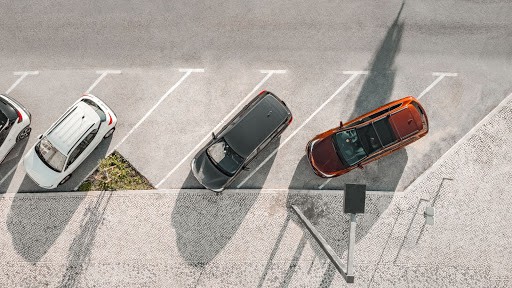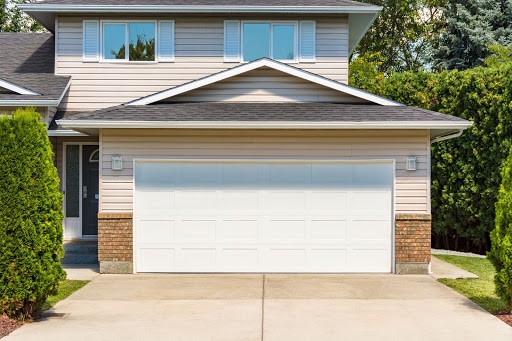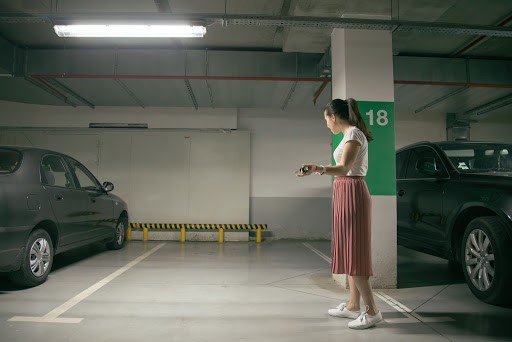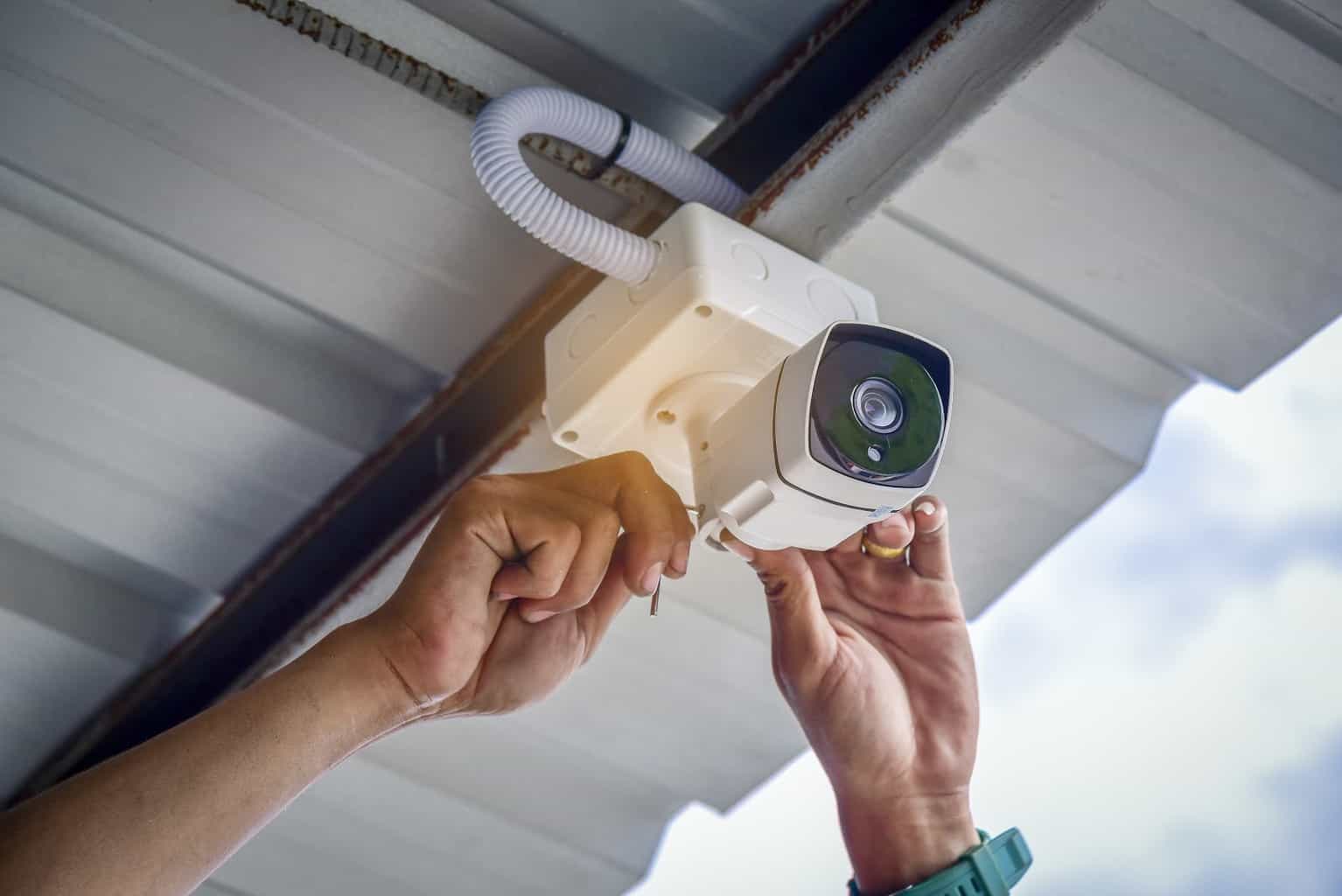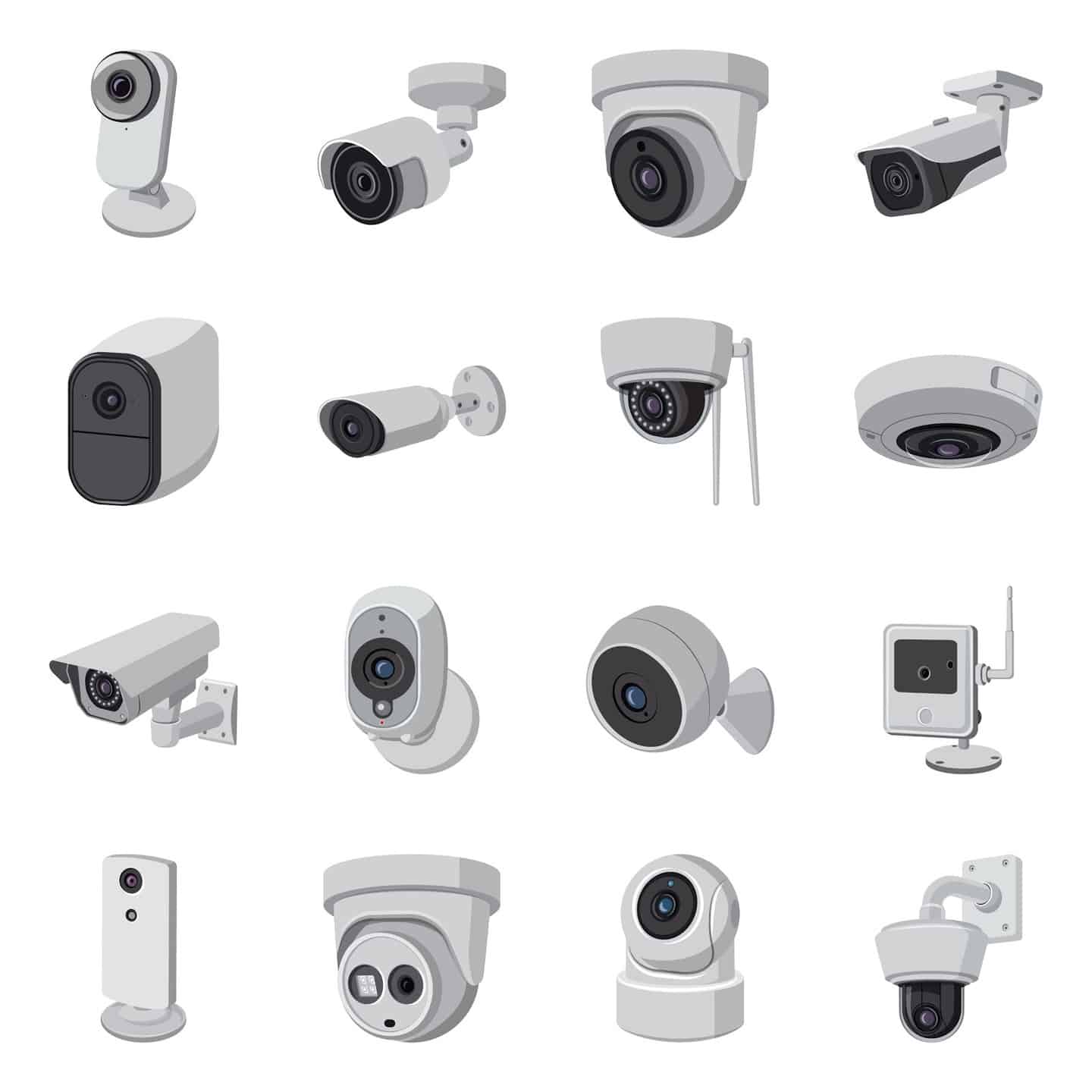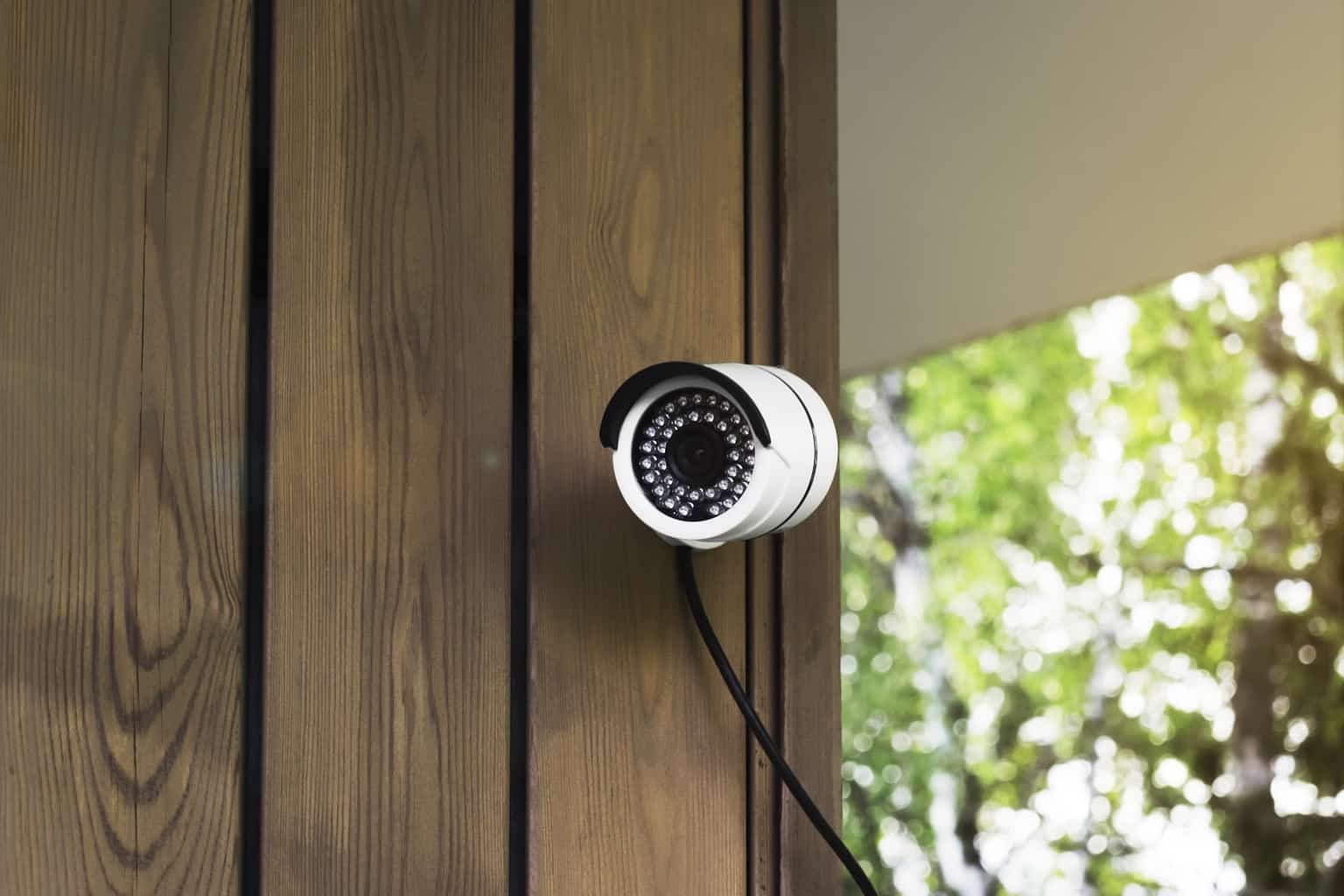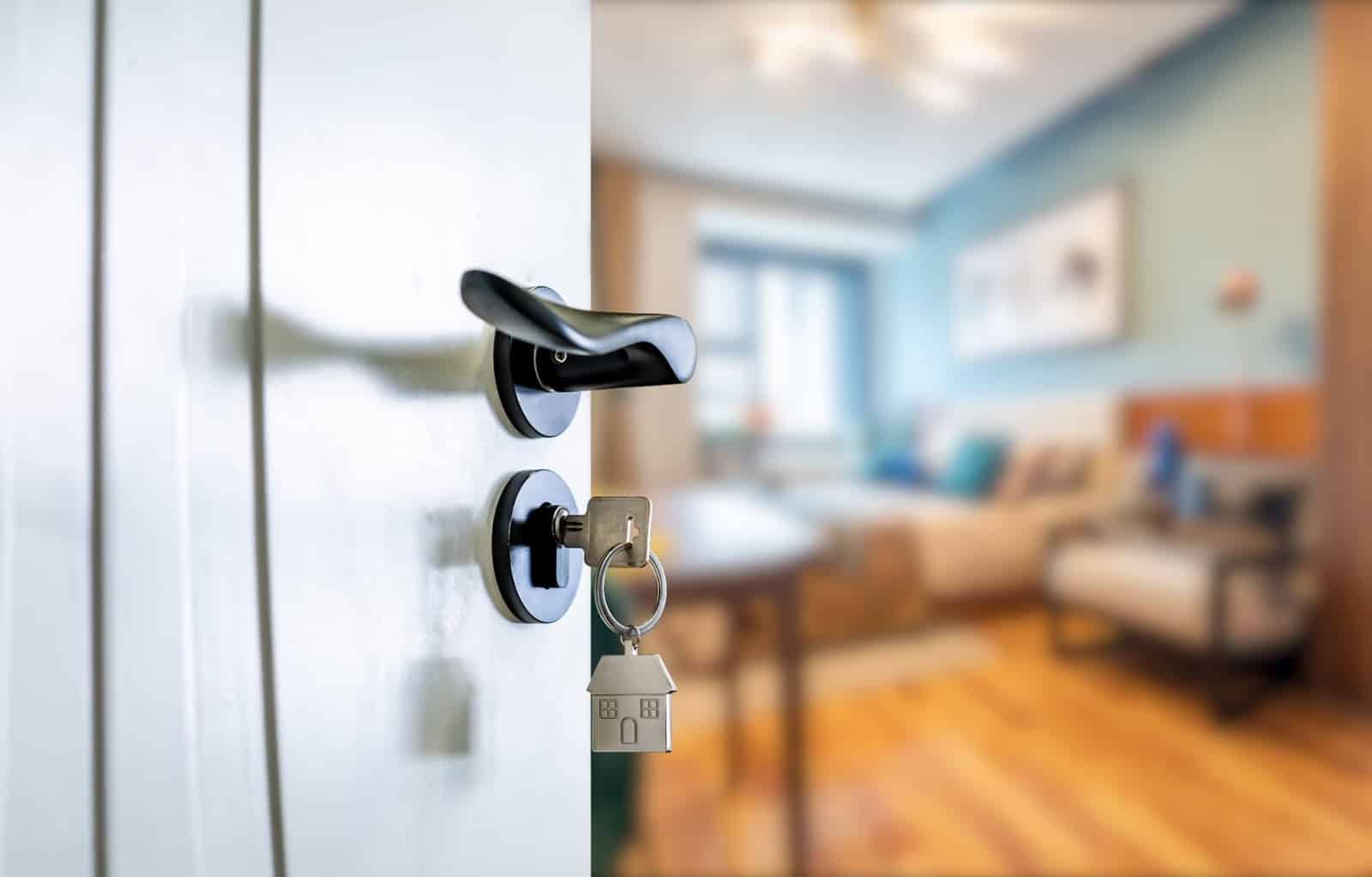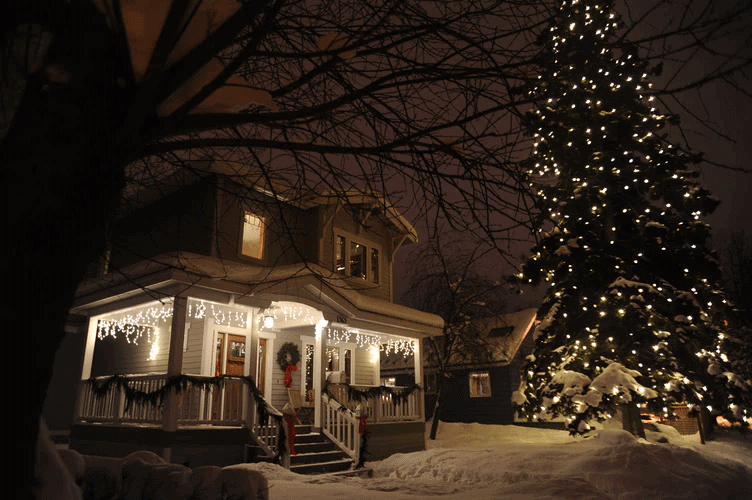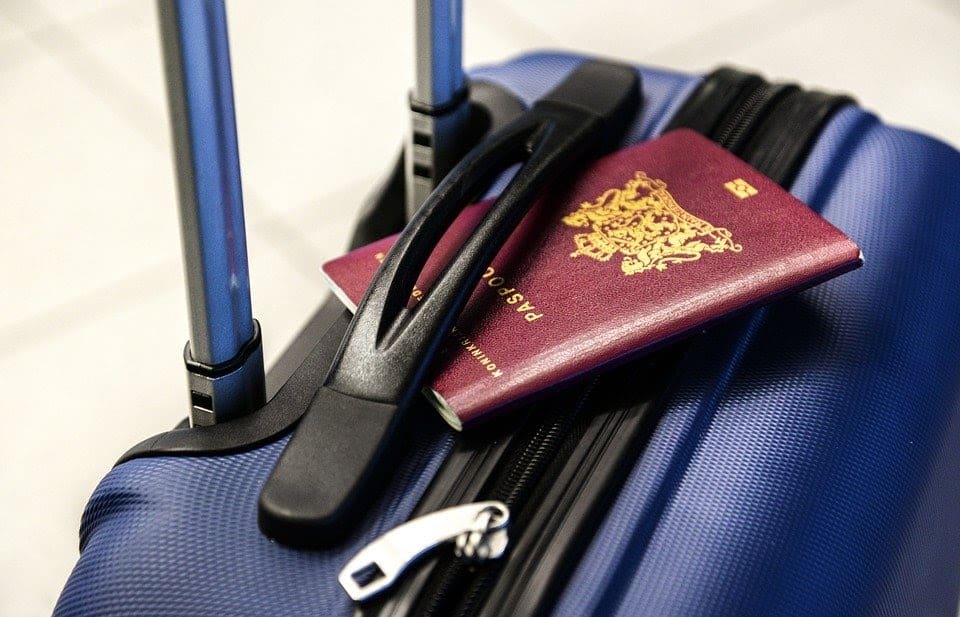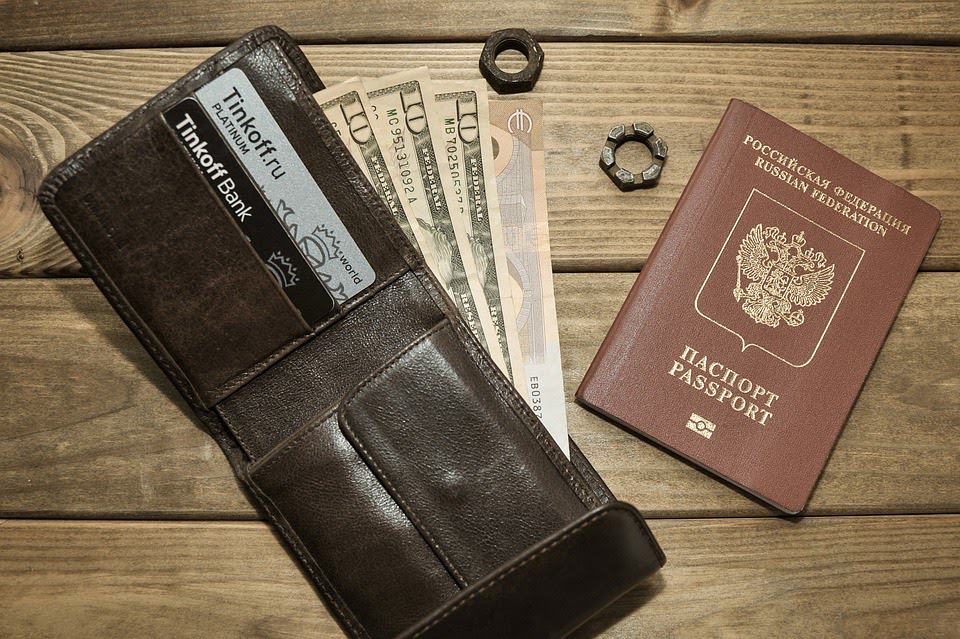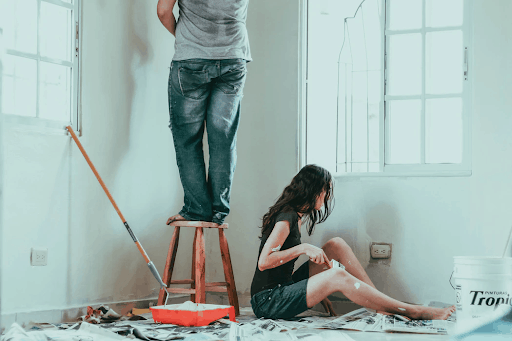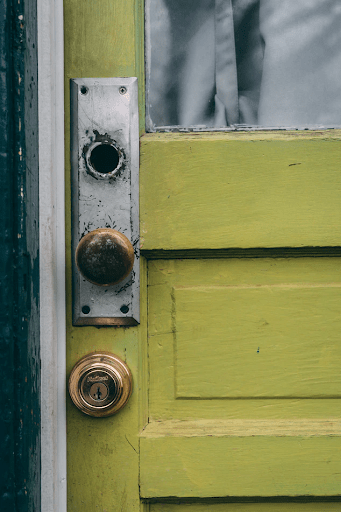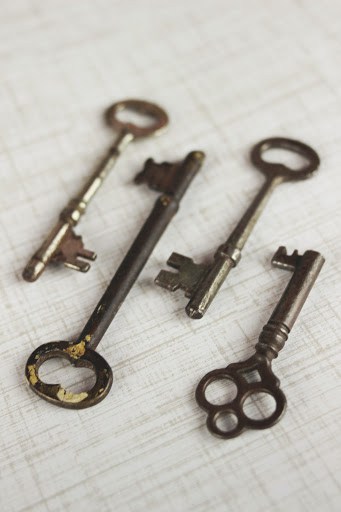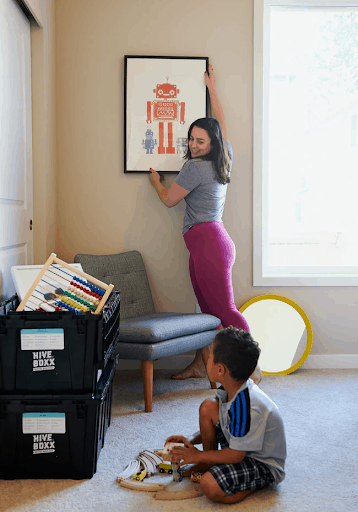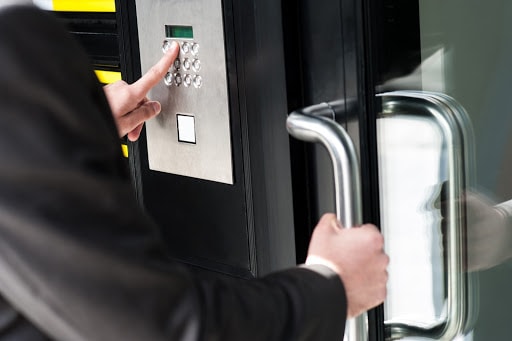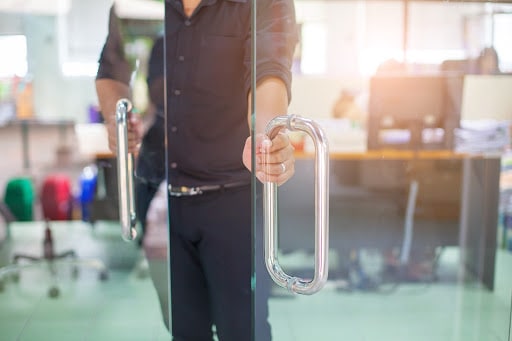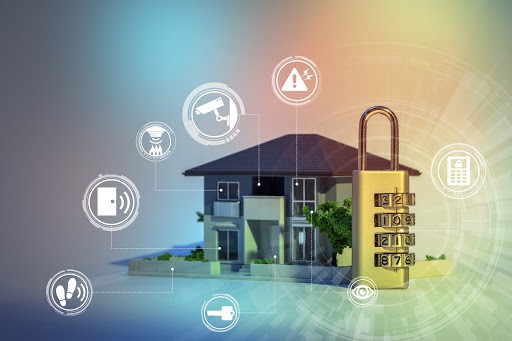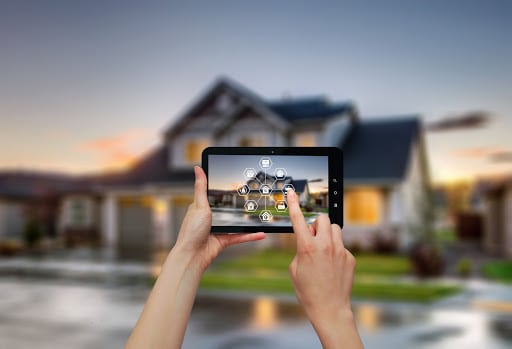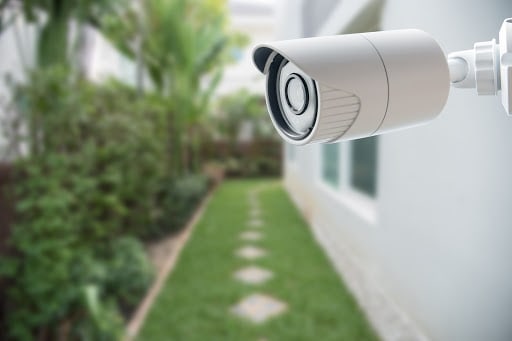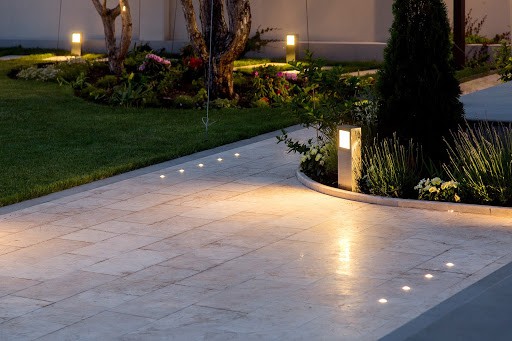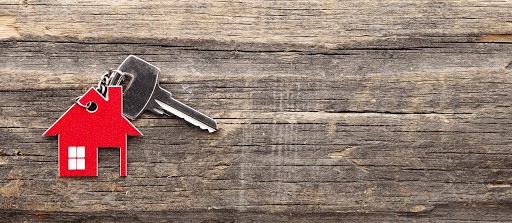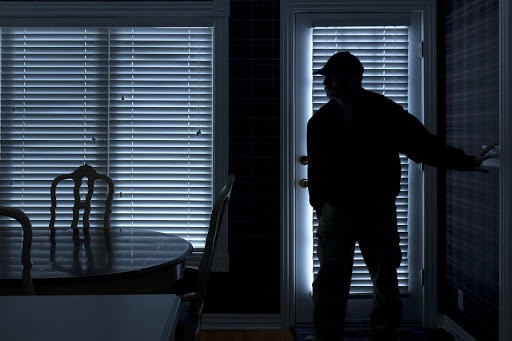Making Your Bike Theft-Proof
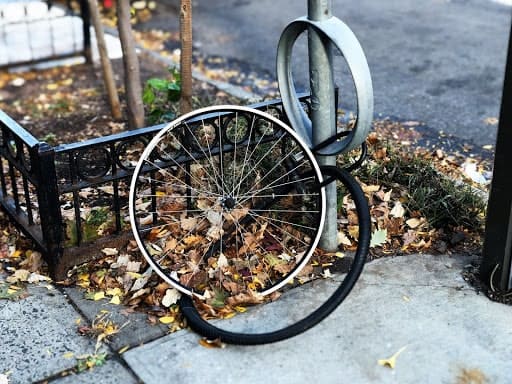
Whether you commute by bike every day or are more of a casual hobby rider, the possibility of someone stealing your bike is always a looming threat. Fortunately, there are a lot of great security and storage options available to protect your bike as best as you can. We’ve compiled some of our most trusted tips for bike safety, security, and storage, so you can feel confident knowing your bike is protected.
Bike Security
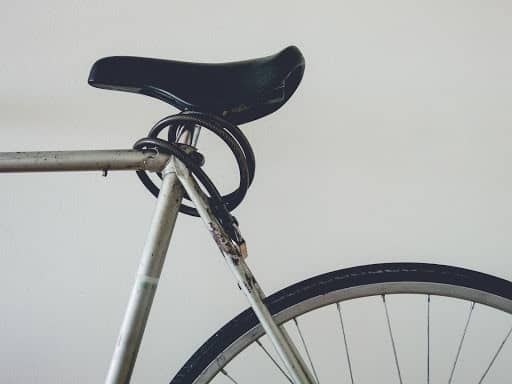
Types of Bike Locks
Bike locks come in a variety of shapes, sizes, and security levels, so knowing the differences between them is an important part of choosing the best one for you.
U-Locks: Also called D-locks because of their shape, these locks are some of the most highly recommended for cities and other high-density areas. U-locks are incredibly strong and are unable to be cut with bolt cutters but aren’t overwhelmingly heavy, making them a great choice for most people. At first, it can certainly feel awkward trying to secure your bike with a U-lock because of its shape and inflexibility, but it gets easier with a little practice. Unless your U-lock is particularly large, you’ll need to lock your bike to relatively thin posts, bike racks, railings, etc, which can make finding a spot to park a little more challenging sometimes.
Chain Locks: Offering high levels of strength plus greater flexibility in movement, chain locks are tough to beat. The thick, reinforced chain is difficult to cut but can easily be wrapped around multiple parts of your bike before securing it to a rack or other post. Depending on the size and shape of your bike, you might even be able to secure the bike frame and both tires using only one chain lock. The major drawback to chain locks, however, is that they’re quite heavy, so in opting for high security and flexibility, you lose out on it being lightweight.
Cable Locks: By far the most common kind of bike lock, cable locks are also the most affordable option. You can choose between combination locks — which are great if you have a tendency to lose keys — or keyed locks — which are a solid bet if you have trouble remembering lock combinations. However, cable locks are incredibly easy to break and cut through with simple tools, making bikes locked with them a very easy target. That’s not to say you should never buy a cable lock, however, they’re not the most secure so are inadvisable for many areas.
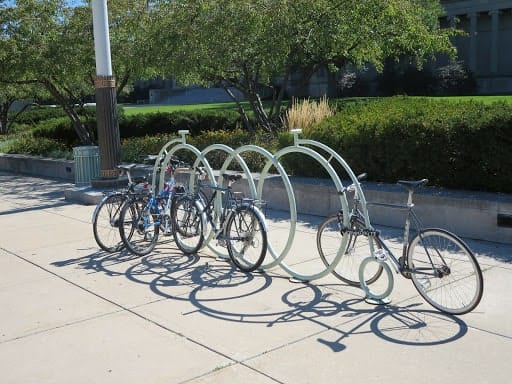
Lock Your Bike Like a Pro
Now that you’ve invested time and money into choosing a good bike lock, it’s time to learn how to use it correctly. A strong, sturdy lock can lose most of its efficacy if not used properly, meaning you could have the toughest lock on the market, but if you don’t lock your bike smartly, someone could still manage to steal it. The following guidelines should help ensure your bike is well protected:
- Make sure your bike is locked to a fixed, immovable object like a post or bike rack that is cemented into the ground. Otherwise, someone could lift up what your bike is locked to and slide the lock right off.
- Try to include as many parts of your bike inside the lock as possible. Always start by locking the frame to the rack and then try to get a tire in as well if possible! If your lock allows, securing the frame and both tires to the stationary object is ideal.
- Park your bike in the middle of the bike rack. The ends of the rack offer the most access for a potential thief to break your lock and make off with your bike.
- Use multiple locks if necessary. Some U-Locks come with an additional cable lock that can reach and be looped through the front tire. If you’ve secured your frame and back tire but are worried about someone making away with your front tire, you could opt for 2 U-Locks instead. While 2 U-Locks are more secure, this method also ends up being much heavier because of the weight of both locks.
- If you have a keyed lock, try and angle the key slot towards the ground. This simple tip makes it much more difficult for someone to pick the lock or tamper with the locking mechanism.
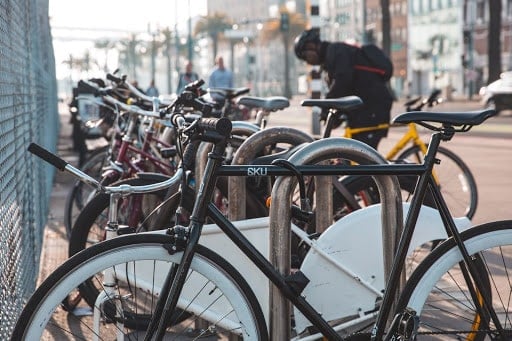
Bike Storage
While parking and locking your bike in public places can seem the riskiest, 50% of bike thefts actually occur on private property. It is imperative to always lock your bike, and lock it well, even around your home. If you are able to store your bike indoors or have a private garage, that is ideal, but realistically, many people don’t have either of those options available to them. Communal storage facilities in some apartment buildings are an excellent option as long as you are diligent about locking your bike after each use.
The extra couple of minutes it takes to lock and secure your bike can be annoying or frustrating, but it is so much better than having your bike stolen or damaged.
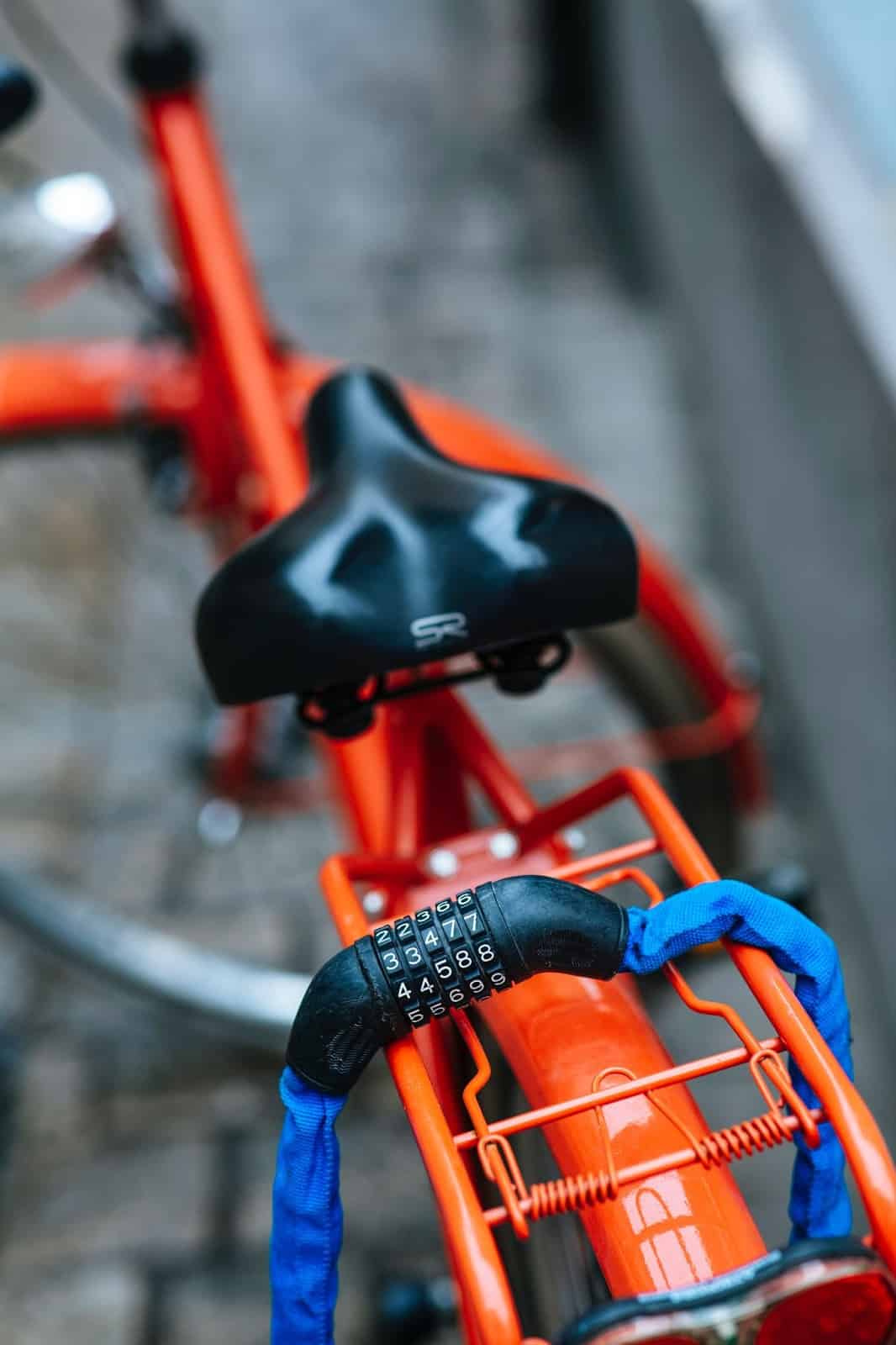
Pop-A-Lock is Here to Help
The reality is, even if you do everything right and try to make your bike as secure as possible, your bike still could get stolen. No lock is 100% unbreakable or impenetrable, so if someone does manage to get through your lock and deterrent strategies, it can be incredibly frustrating.
We also know that sometimes we make mistakes ourselves — losing keys, forgetting combinations, locking ourselves out, you name it. If you find yourself needing a professional’s help to get out of a sticky situation, call your local Pop-A-Lock; we’re always here to help.

